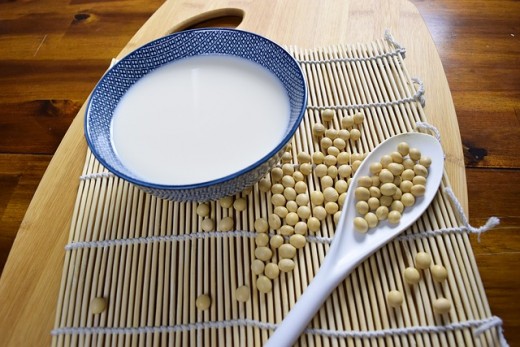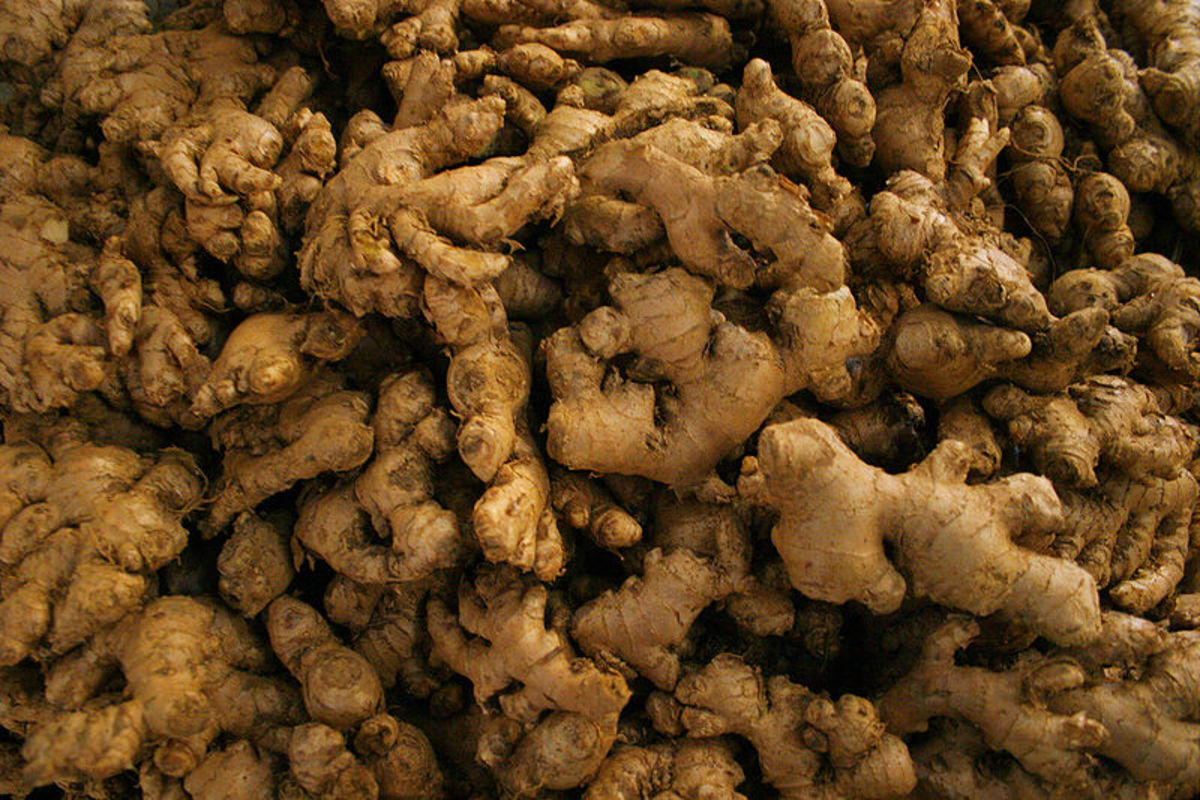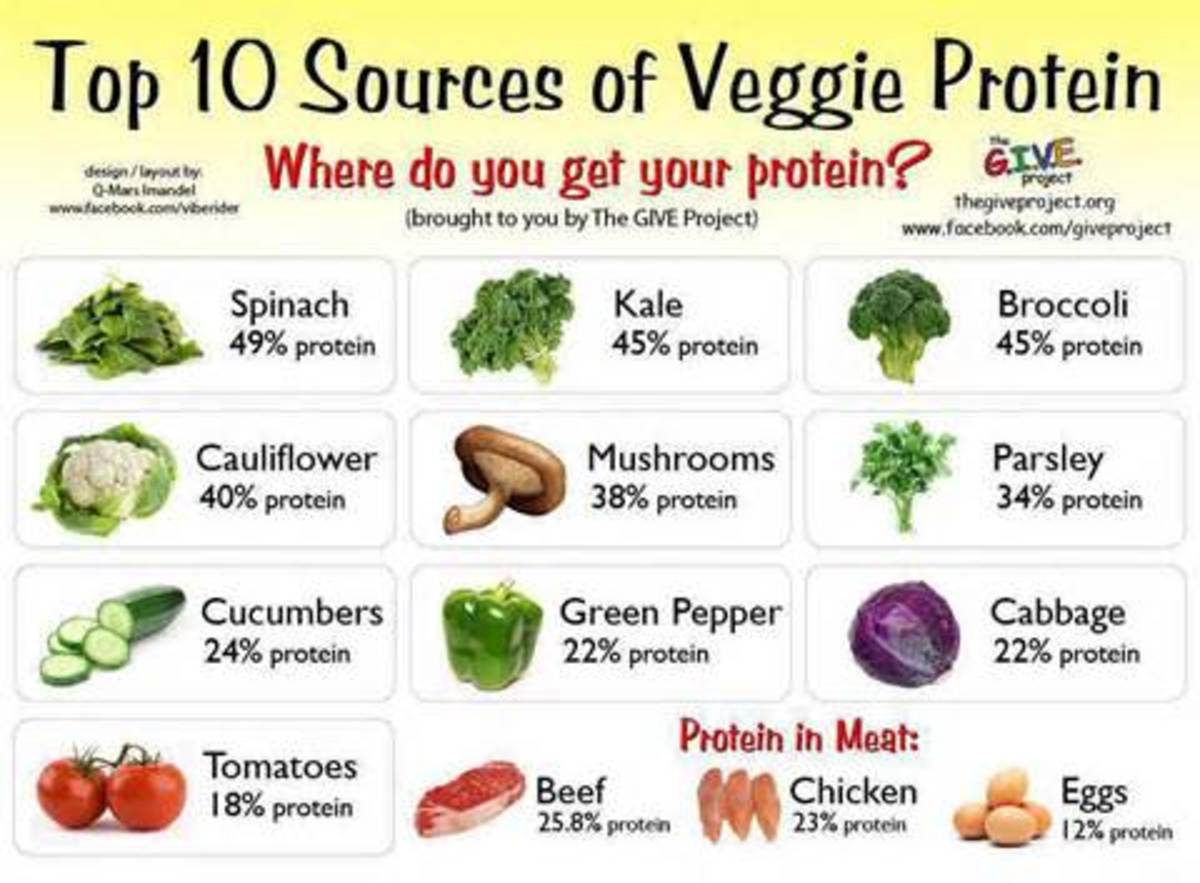Protein Primer: How Much Protein Per Day to Support My Workouts
Gym goers the world over are overloading on protein - they have been for decades. But do they really need to? Is overconsumption wrecking their bodies? And just how much of it is needed to stimulate optimum muscle growth? Let’s get up to speed with a little Protein 101.
Executive Summary up Front
- Regular exercisers should consume between 1.0 and 1.2 grams of protein per kg of bodyweight
- For building muscle consume up to 2.0 grams of protein per kg of bodyweight
- Spread your protein consumption over 5 or meals
- Concentrate on meat, fish, poultry, dairy products and eggs as your preferred protein sources
- For vegetarians soy is a great protein option
- Protein powders are a handy option to get protein on the go
Protein Basics
The word protein comes from the Greek protos meaning first. Proteins have, quite rightly, been called the building blocks of the human body. They form the construction material of every part of your being, from the hair on your head to the keratin in your toenails. Your body is in a constant state of break-down and reconstruction and it is protein that does the rebuilding. In a very real sense, then, we are what we eat.
A molecule of protein looks a lot like a chain of sausage links. Each link is an amino acid. All amino acids contain atoms of carbon, hydrogen, oxygen and nitrogen. Specific amino acids will be determined by what extra atoms they contain. These amino acids are a vital component of every new cell in your body.
Every day you re-use more proteins than you get from the foods you eat, so you need a continuous supply to maintain your protein status. If your diet doesn’t contain sufficient amounts of protein, you start digesting the proteins in your body, including the proteins in your muscles and, in extreme cases, your heart muscle.
There are a total of 20 amino acids. These 20 amino acids have the ability to reform into an infinite array of combinations to create new molecules. 11 of the 20 are manufactured by the body. That leaves 9 that need to be supplied by the foods we eat. These are the essential amino acids:
- Histidine
- Isoleucine
- Leucine
- Valine
- Lysine
- Methionine
- Phenylaline
- Threonine
- Tryptophan
We can now see that not all proteins are equal in value. A food which contains all of the essential amino acids is called a complete protein. These are clearly the ones that those wishing to add muscle to their frame should be focusing on.

How Much Protein Do I Need Per Day?
The Australian Government, along with most other countries, has given guidance on protein intake in the form of a recommended daily intake (RDI). The RDI guidelines come from the National Research Council and are stated as 0.84 grams per kg of bodyweight for adult men and 0.75 grams per kg of bodyweight for adult women. That means that a 65kg woman would be taking in about 49 grams of protein per day.
The RDI guidelines are designed for sedentary people in order to prevent a deficiency. The majority of sports trainers and coaches agree that people who are exercising need substantially more protein than what the RDI allows for. For those involved in any form of resistance training, the recommendation is between 1.0 and 1.5 grams of protein per kg of bodyweight, depending upon the intensity of a person’s resistance training program.
The bottom line on protein quantity is that the RDI will prevent you from losing muscle if you are sedentary. For those actively looking to shape and sculpt their body, however, it is nowhere close. If you’re a regular exerciser, shoot for 1.25 grams of protein per kg of bodyweight.
How Much Protein Can the Body Absorb?
The body will absorb all of the protein that goes into it. But when it comes to one of the prime functions of protein, muscle building, there is a limit as to how much can be synthesized at one time. For men that level appears to be between 30 and 40 grams, with women maxing out at about 30 grams. Studies have shown that consuming in excess of these amounts will have no appreciable benefit in terms of muscle growth. One study involved a test group consuming a 30-gram protein meal within 20 minutes of completing a workout. A second group consumed 90 grams of protein in the post-workout meal. No increase in muscle building activity was observed.
For a 90-kg guy, then, who is training hard to put on new muscle, his daily protein requirement will be in the area of 145 grams. Clearly he won’t want to take all of that in one, two or even three sittings. Rather, he should divide that total out over 5 meals, so that he is taking in about 29 grams per meal. Two of those meals should be either side of his workout.

How Much Protein is Required to Build Muscle?
You don’t build muscle in the gym. It’s when you’re outside the gym, recovering, recuperating and refueling that the building process occurs. The key macronutrient to facilitate this process is protein. And to gain muscle, you need to eat more calories, mainly in the form of protein. Bodybuilders who are in serious training will take up to 2.0 grams of protein per kg of bodyweight. An added benefit of a high protein intake is that protein is a metabolic stimulator. This means that you’ll be building muscle while burning fat, which is the ideal situation for any body.
What are the Dangers of Too Much Protein?
Consuming too much protein over a prolonged period of time can result in an increase in fat storage. Too much protein can also lead to an abundance of urea in the body. Urea must be eliminated from the body via the kidneys and liver. Too much protein for too long, then, can place undue strain on these vital organs.
An excess of protein in the body can also cause constipation, diarrhea, bloating and gas. Protein synthesis also requires a lot of water. In fact, dehydration resulting from excessive protein intake has been linked to seizures. To avoid dehydration, it is recommended that you take in 250 mls of water for every 100 grams of protein.
An over emphasis on protein could lead a person to neglect their intake of other essential nutrients. Complex carbohydrates and healthy fats need to be a part of any sound nutritional program.

Top 12 Protein Foods
- Eggs
- Milk
- Cottage cheese
- Yogurt
- Lean beef
- Venison
- Chicken breast
- Turkey breast
- Milk, egg, casein and whey protein powders
- Fish
- Lean pork
Protein Complementarity
As we’ve already seen a complete protein contains all of the essential amino acids in the ratios that the body needs them. Incomplete proteins do not. We refer to a protein that is missing an essential amino acid as a limiting protein. By combining limiting proteins with foods that are high in the missing protein it is possible to improve the overall quality of a protein meal. This combining of limiting and complete proteins is known as protein complementarity.
An example of complementarity is combining rice, which is low in the essential amino acid, methionine, with beans. Another example is to mix pasta with cheese. Vegetables contain incomplete proteins. However, it is possible to combine proteins in a vegetarian diet to allow for a full complement of amino acids. The following combinations will ensure that this takes place:
- Rice + lentils + vegetables
- Rice + legumes + vegetables
- Grain + Legumes + seeds + nuts
Soy: The Super Legume Based Protein
Soybean protein contains all of the essential amino acids, making it the only plant protein that equals animal products in providing a complete source of protein. This makes it a great choice for those looking for alternatives to meat proteins. And the protein that derives from soy is extremely easy for the human body to absorb, ranking with egg whites and casein as the most digestible of all proteins. An additional benefit of getting your protein from soy is that it comes completely free of any added cholesterol and saturated fat. In fact, a number of recent studies have indicated that soy can actually lower a person’s cholesterol levels, reducing the risk of heart disease.
Half a cup of cooked soybeans has 14 grams of protein – that’s approximately twice the protein you get from one large egg or one 225 ml glass of skim milk - and without the cholesterol.
Soybeans are also jam packed with dietary fibre. If you do choose to use soybeans, go slowly. Soybeans contain high amounts of certain long chain carbohydrates that our digestive enzymes in the gut can’t break down into more simple sugars, which can cause abdominal bloating and flatulence. Fermented soy foods, such as tempeh, miso soup and fermented soy milk that contain beneficial bifido micro-organisms are digested much easier in your gut and are less likely to produce these unpleasant side effects.

Do Protein Powders Do the Job?
Whole food sources of protein are always going to be preferable to protein supplements. There is no denying, however, that protein supplements can provide a convenient option for busy people who are trying to maintain their protein intake while on the go. A whey protein smoothie is quick, nutritious and fat free. Avoid having more than one of these a day. Keep in mind that you body was designed to process whole foods and that doing so will allow it to work optimally.
References
T,Brock Symons, Ph.D., et al : Moderating the portion size of a protein-rich meal improves anabolic efficiency in young and elderly
International Journal of Obesity, published online March 28, 2014
European Journal of Clinical Nutrition, 66: 780-788, 2012
Nutrition and Dietetics, 3: 246-252, 2008
J. AM Diet Assoc. 1991 Jul: 91(7): 820 - 7: Review of clinical studies on cholesterol lowering response to soy protein.
© 2016 jaysgroups








